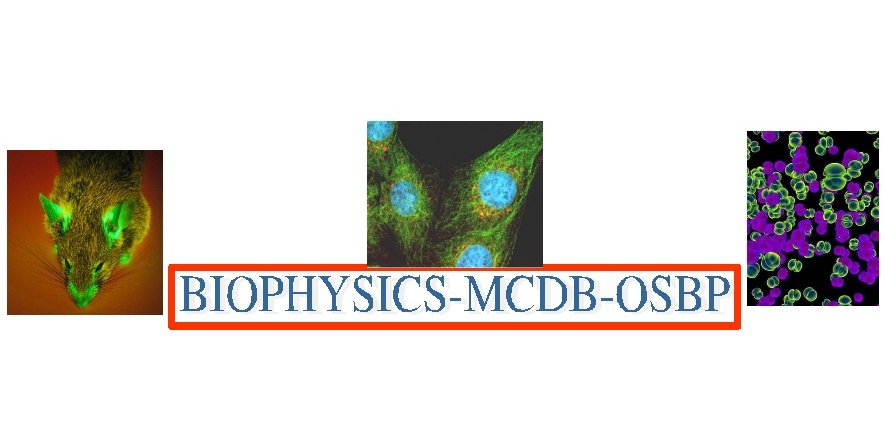Interdisciplinary Graduate Programs Symposium

2010 OSU Molecular Life Sciences
Interdisciplinary Graduate Programs Symposium

Poster abstracts
Abstract:
Introduction: Sivelestat, a neutrophil-elastase inhibitor, has been shown to preserve post-ischemic cardiac function in the absence of neutrophils, when administered during full reperfusion following global ischemia. Such full-flow conditions are unlikely to exist during resuscitative efforts following cardiac arrest in vivo. Aim: To test the hypothesis that Sivelestat induces protection of left ventricular (LV) function prior to full reperfusion when administered during low flow following global ischemia in the buffer-perfused isolated rat heart. Methods: Hearts isolated from male Sprague-Dawley rats (n=3 per group) were perfused with 37.4º C Krebs-Henseleit buffer. Developed pressure and dP/dt were monitored through a latex LV balloon. Hearts were given 25 min of ischemia, then a) full reperfusion (control), b) 3 min of low flow at 20% of baseline coronary flow, or c) 3 min of 20% low flow with Sivelestat at 10 µg•mL-1. All hearts then received 60 min of full reperfusion. Creatine kinase (CK) release was determined in coronary effluent prior to ischemia and at 10, 30 and 60 min of reperfusion. Following experimentation, hearts were stained with triphenyltetrazolium chloride for measurements of infarct size. Significance was set at P = 0.05. Results: Administration of Sivelestat significantly improved recovery of dP/dt and developed pressure at 60 min of reperfusion as compared to untreated low flow hearts and induced recovery of LV function to the same levels as controls. CK release was significantly elevated at 10, 30 and 60 min reperfusion in untreated hearts that received low flow as compared to hearts in the other two groups. At 30 and 60 min of reperfusion, Sivelestat treatment reduced CK release as compared to control hearts. Infarct area was largest in untreated low flow hearts (28.3 ± 7.8%) as compared to control (14.7 ± 3.1%) and Sivelestat-treated hearts (10.7 ± 2.1%). Conclusions: When administered during low flow, Sivelestat limits infarction and CK release, and enhances recovery of LV function, in the buffer-perfused rat heart. Sivelestat may be a viable pharmaceutical for administration during resuscitation following cardiac arrest.
Keywords: low flow, isolated heart, postconditioning